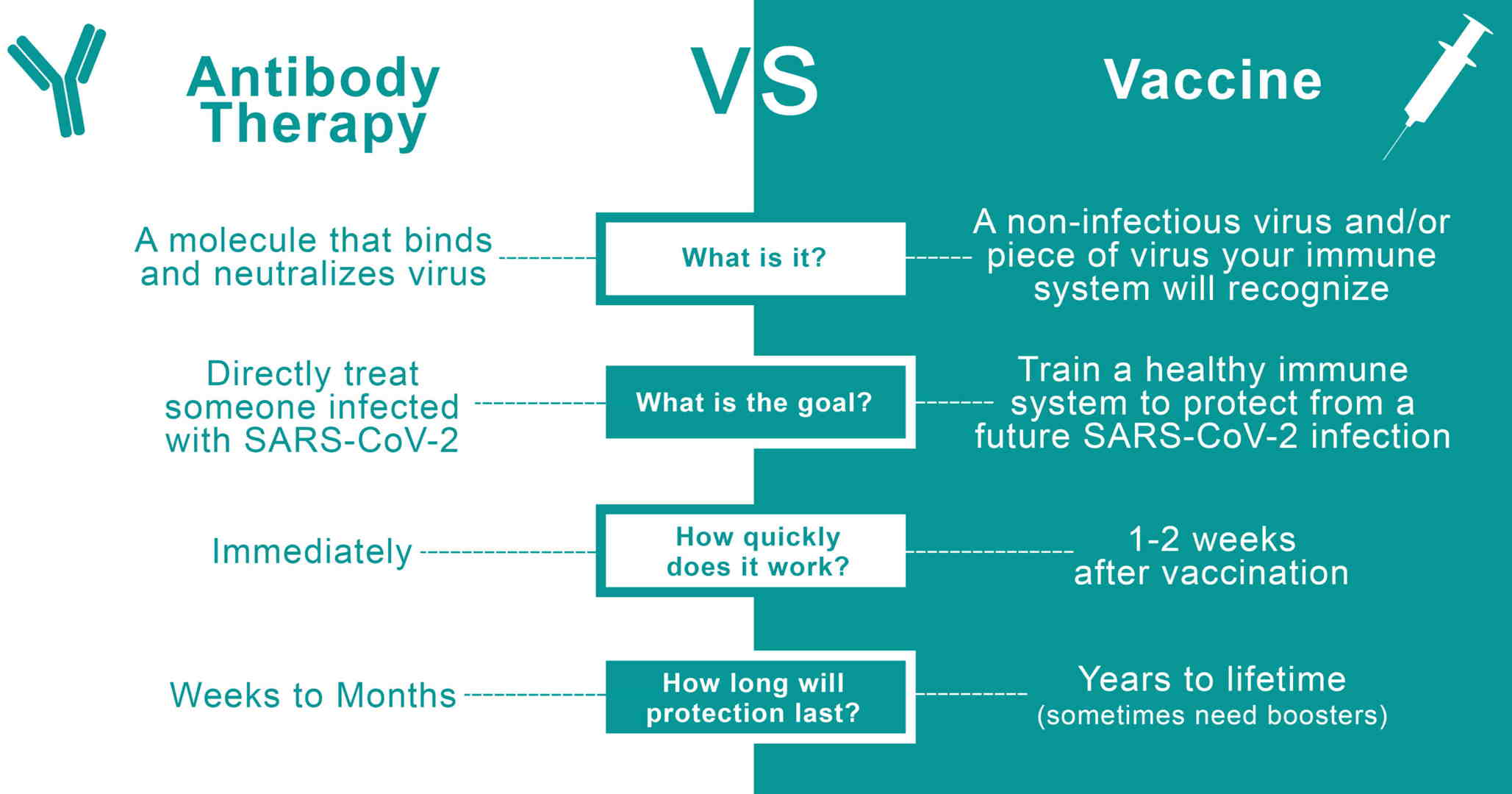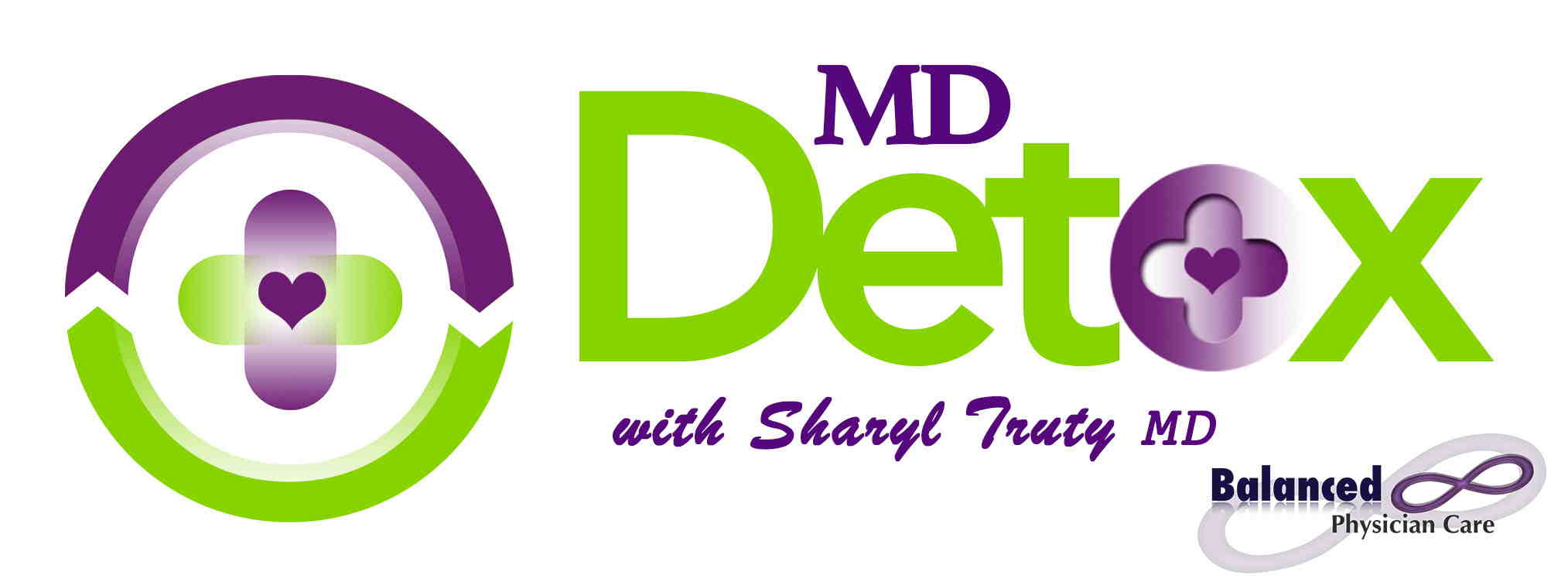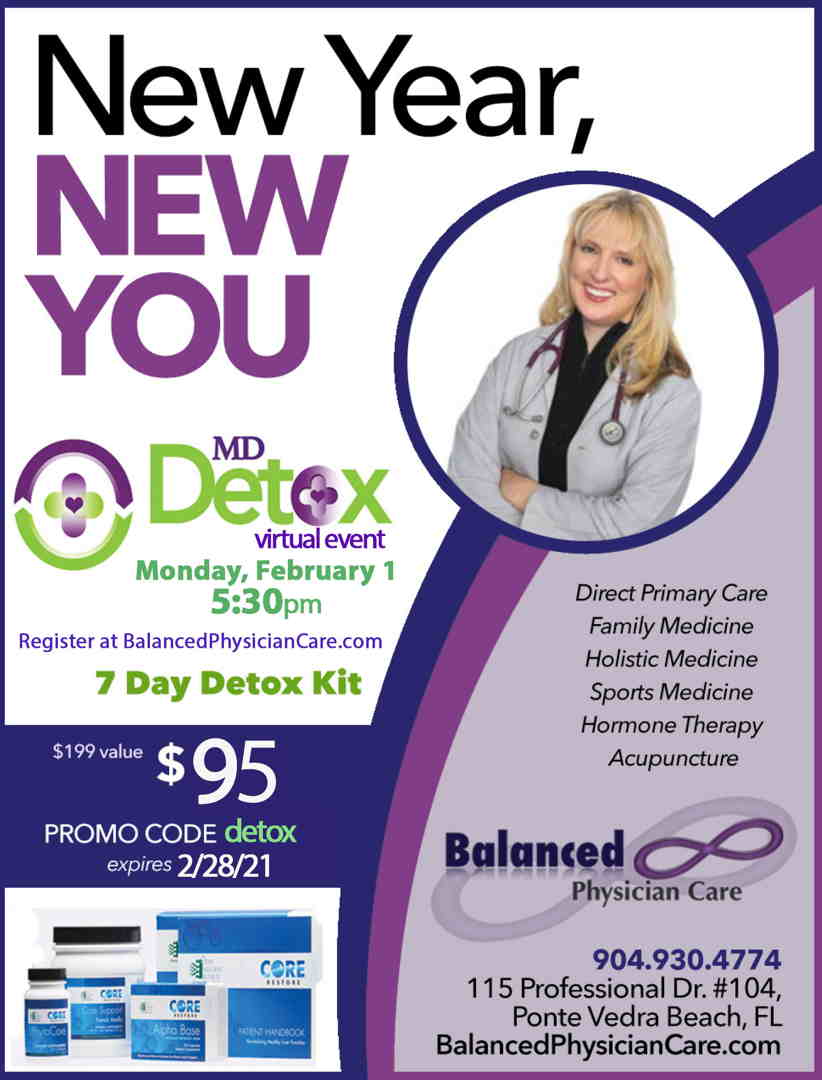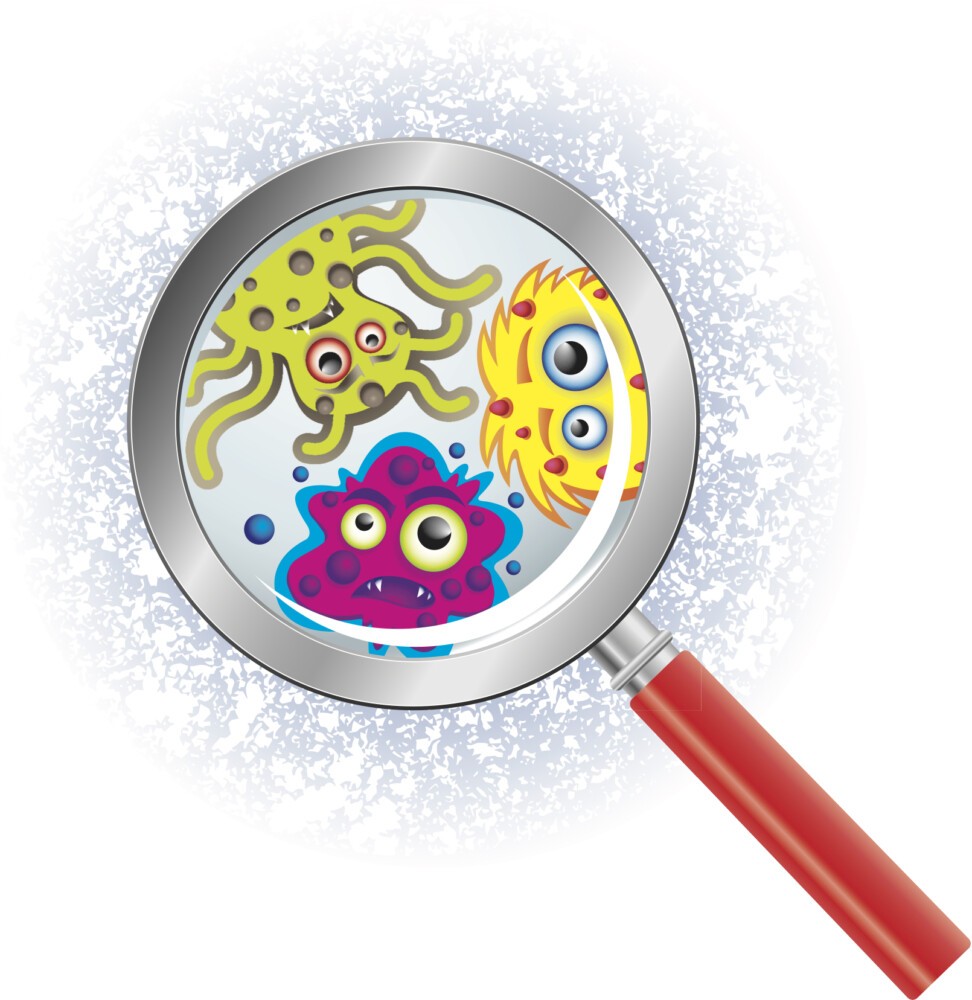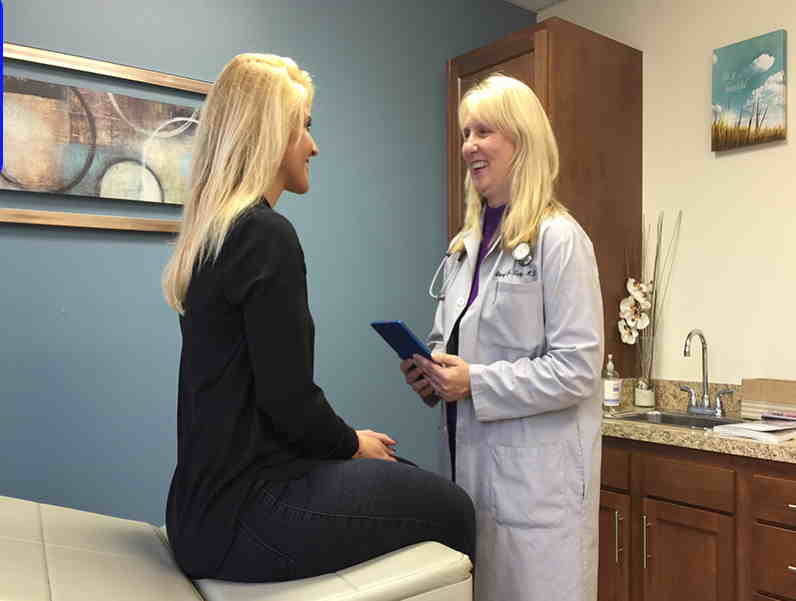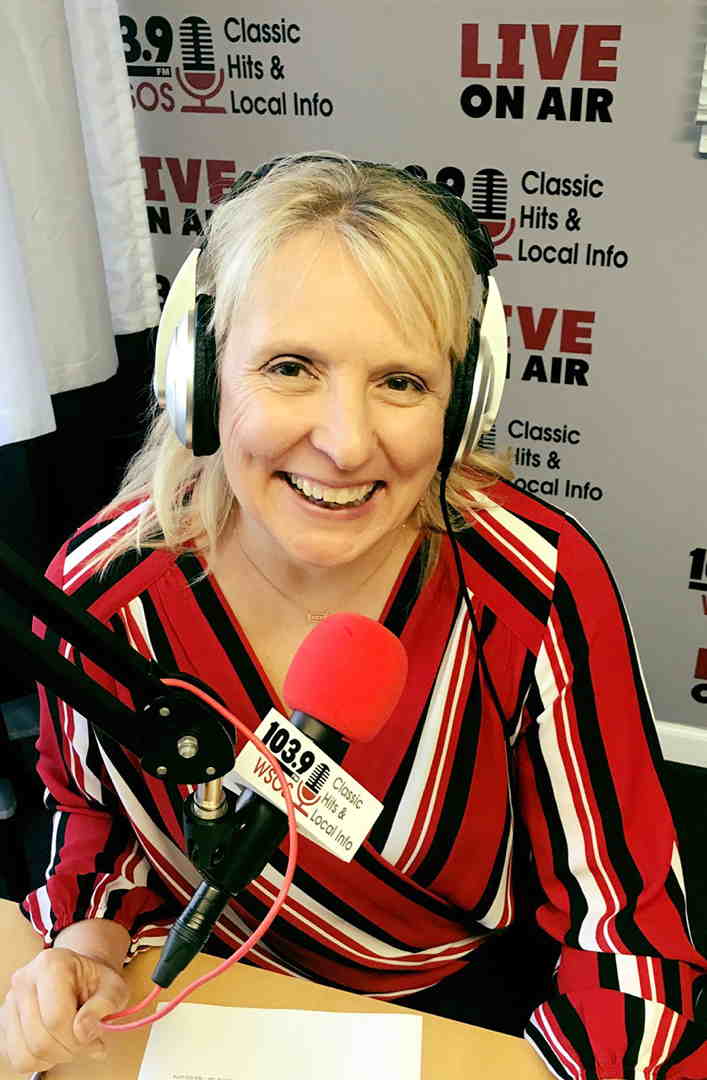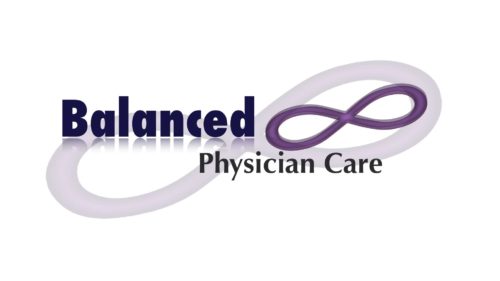At Home with Dr. Andrew Weil
If you’ve ever wanted to spend part of your afternoon with Dr. Weil, now you have the chance. On March 21, 2022, Dr. Weil opened his home to viewers around the world, who joined him — remotely — for a live self-care event. The opportunity was part of IMmersive, an ongoing series of free 30-minute healing sessions led by experts in integrative medicine and made available by the University of Arizona’s Andrew Weil Center for Integrative Medicine.
The session began with Dr. Weil welcoming viewers into his home and introducing his two Rhodesian Ridgebacks, Juno and Kengo. After explaining the importance of proper breathing for good health, he led everyone through one of his most recommended breathing exercises, The Relaxing Breath, also known as the 4-7-8 Breath. To experience the full benefits of The Relaxing Breath, he suggests practicing it at least twice a day.
Next up: a visit to Dr. Weil’s kitchen, where he prepared one of his favorite dishes, sauteed kale. Made with lacinto (black) kale, this quick, simple and healthy side can easily transform into a hearty main dish when mixed with pasta or grains. If viewers were wondering where Dr. Weil gets many of the vegetables he cooks, they soon received an answer, as he brought them along for a tour of his garden. Some of the plants on display included chard, baby Bok choy, radishes, carrots, beets, a Japanese variety of spinach, various herbs — and the lacinato kale he had just prepared.
The relaxed event concluded with Dr. Weil answering questions from viewers. His companion animals also made another appearance in the garden, where Juno enjoyed a few bites of kale.



